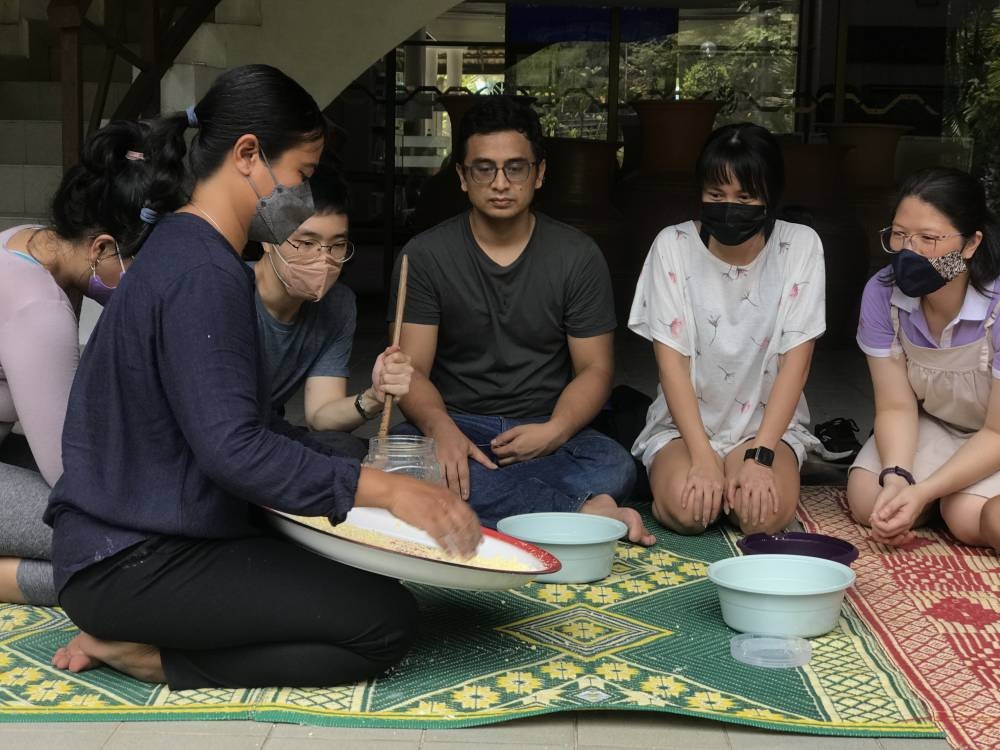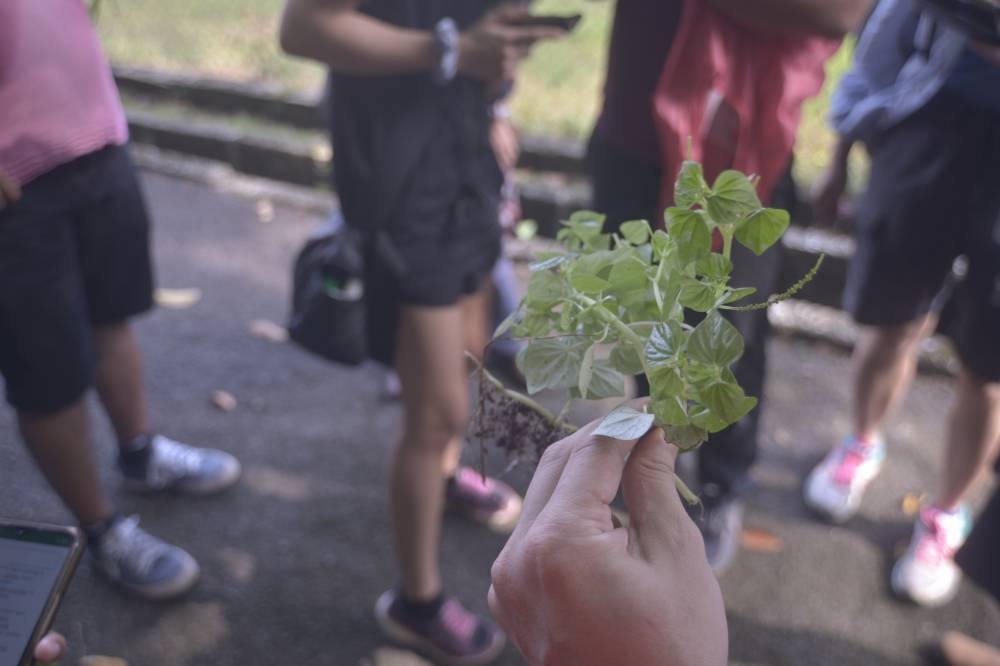PETALING JAYA, June 3 — Environmental activism has seen a resurgence in recent years, from the challenges of climate change to land encroachment due to rapid urbanisation.
Members of Urban Biodiversity Initiative (UBI) however, seek to explore a more philosophical question: to what extent are we humans willing to share our living spaces with nature?
Founded in 2018 by ecologist Benjamin Ong and entomologist Thary Gazi Goh, UBI is a social enterprise which aims to highlight the wonders of wildlife in urban settings.
"Some people might prefer to appreciate nature from a distance,” explains Ong.
"They’re quite happy watching documentaries or admiring wildlife photographs, but would they be as comfortable having wildlife right in their own backyards?
"There’s already a lot of technical knowledge, whether it’s city council landscaping policies or developers’ urban planning plans, but we still need to address this underlying question of how we want to live with nature.”
UBI’s creative director Siti Syuhada Sapno chimes in with an anecdote that summarises this tension between man and the wilderness; a school had invited her to help them set up a garden area, as a way of introducing more greenery on their premises.
"The only thing was, they wanted plants that would not attract any insects, including butterflies,” she said with a laugh.
UBI hopes to create a space which offers people first-hand experiences of the wild.
"If you have the chance to understand nature and get to know it, the experience might help lessen the discomfort and fear,” adds Syuhada.

Environmentalism, with a human touch
There is no shortage of scientific evidence for the need to protect urban biodiversity — ecological loss has the potential to affect our lives in a myriad of ways, from air pollution to access to clean water.
However, Ong thinks that the language of conservation needs to go beyond technical discussions, by viewing environmentalism issues through a cultural lens.
As an example, he points to the traditional dish of ulam, a salad that comprises fresh leaves and vegetables that usually grow wild.
"Ulam is very much a part of our culture, but at the same time, a lot of wild plants are stigmatised — we tend to call them ‘weeds’,” Ong says.
"Given Malaysia’s rich multicultural heritage, perhaps the key to nature conservation is actually through highlighting its connection to this cultural heritage.”
This question of connecting nature with culture is the main theme of UBI’s current event ImagiNasi, a month-long exploration of rediscovering nature through food.
Among the activities being held are urban foraging sessions, where participants have the opportunity to comb the wilderness of the UM campus to discover edible plants, as well as talks and workshops on indigenous foods.
Visitors can also sign up for workshops which blend nature and art, such as leaf print-making.
"Our intention for these activities was to let people see, touch, and taste nature for themselves,” says Siti Syuhada.
"Also, these activities also encourage in-person conversation among participants, which I feel do a lot more to make people think about their own relationship with nature.”

A virtual living garden
Ong shares that the spark for the event began with an often repeated question asked during past guided nature walks organised by the team.
"People would always ask (about plants they saw), boleh makan tak (is this edible)?” says Ong.
He struggled to answer this because while he had the technical knowledge of how plants are used for scientific research, he had no personal experience of actually eating them.
The drive to answer this question led Ong to a year-long research project, ‘The Kampung City’, which sought to rediscover traditional knowledge of food and nature.
The project also earned Ong an Applied Imagination Fellowship with the Center for Science and the Imagination at Arizona State University, the United States.

Ong explains that ImagiNasi is a sort of "closing event” for the project, and aims to share some of the findings the team has gathered with the wider public.
‘The Kampung City’ project has also been translated into a "digital garden”, which documents the various species of edible wild plants found in our cities.
"We intend for this space to keep growing, I don’t think it will ever be ‘complete’ so to speak,” says Ong.
"Ultimately, what we’re keen on is to get more people interested and curious about the wildlife that’s right at their doorstep.”
To sign-up for ImagiNasi's upcoming events this weekend (June 4 and 5), click here.






















